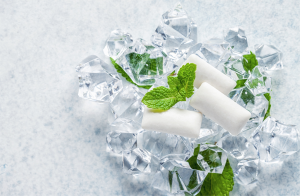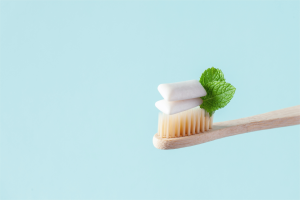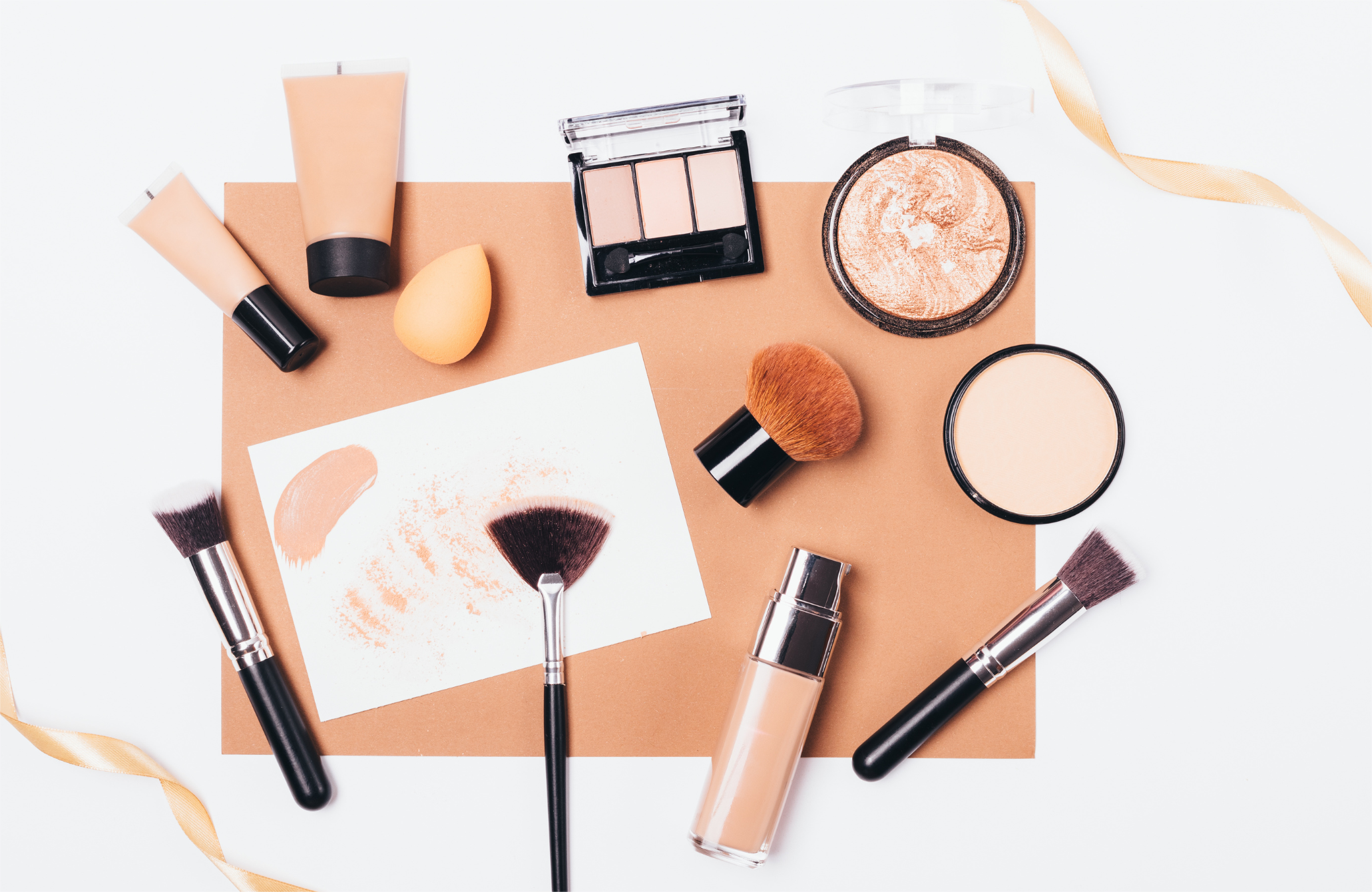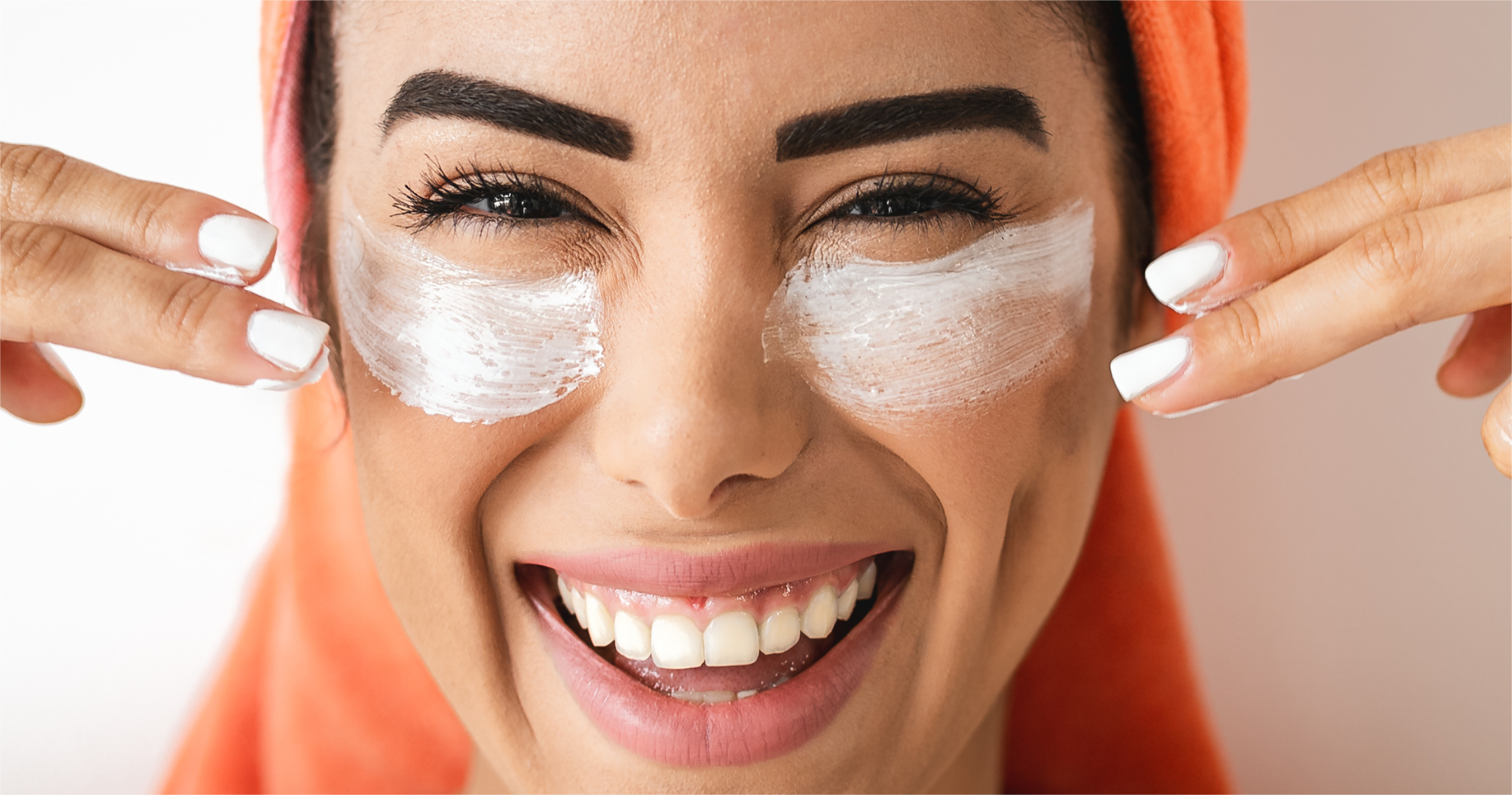

While bad breath isn’t the best subject to talk about, we’re here to tell you one thing: it does happen. We asked the experts for the 411 on bad breath and oral hygiene, and they had plenty of great ideas for minty fresh breath.
The Effects of Tea on Oral Health
It’s par for the course, but poor dental hygiene can lead to bad breath. When you don’t clean, rinse, and floss regularly (and correctly), bacteria in your mouth can start to grow. Neglecting your mouth may at some point turn these persistent layers of microbes into plaque, which can bring on odours and produce bad breath.
This is a normal thing, but by cleaning your mouth thoroughly every day, bacteria won’t fester on your teeth, gums and tongue. By putting an end to it from the start, you can ensure your mouth stays fresh AF – no mints.
Before we get started, meet the experts in charge of our oral mission; Dr Rifkin, a renowned dentist (and the man behind Chrissy Teigen’s smile), and Dr Ghalili, a cosmetic dentist in New York.
Action #1: Brush, Floss, Scrape, and Rinse Every Day

Fun reality: your verbal goals should be accomplished in a critical order for best results.
1. Brush your teeth: to loosen and remove any food debris or plaque from your gum tissue and the surface of your teeth, brush your teeth for two minutes. Do this twice a day to keep your favourite podcast entertained and fill in as many hard-to-reach gaps as possible.
2.floss: Once all surface particles have been depleted, floss to clean the material between your teeth and remove any residue from between them. Dr Rifkin says: “Flossing is the most important oral hygiene method for removing bacteria from plaque as well as food debris trapped between the teeth, which is one of the most common areas for bone, decay and gingivitis.”
3.using a tongue scraper: Dr Galilei explains, “Tongue scraping is a method of removing leftover food, possible bacteria and dead cells from the surface of the tongue so that they can be expelled from the body.” He adds, “Tongue scraping is nothing new and has been a part of Ayurvedic practices since ancient times. The scraper is designed to accommodate the structure of the tongue, scraping away the bacteria and flora on the tongue that produce unstable results. Sulphur-containing substances.”
4.rinse: Finally, rinse your mouth thoroughly to eliminate any particles, bacteria, microbes, or anything that cleaning and flossing may have missed.
We get it; it’s time-consuming, but it’s up to us, and this is the solution.
Advice #1: Hydrate, hydrate, hydrate!
You need to stay well hydrated to achieve #dewyskingoals, but 8 cups of water (minimum) is also good for your mouth. If you’re not hydrated, your mouth won’t produce enough saliva, which also removes odour-producing microbes from your mouth. To avoid total dry mouth and bad breath, always (anywhere!) to drain.
Tip #2: Eat less sugary and fried foods.
According to traditional Chinese medicine, improperly digested food can also lead to bad breath. Basically, if your body has trouble breaking down specific foods, bacteria can grow in your mouth at the same time. The remedy? In addition to sugary foods, cut down on any foods that are difficult to digest (including pizza), greasy or fried. Sugar is a major culprit in bad breath because the bacteria in your mouth love sugar.
Suggestion #3: Love your toothbrush.
It may be the case that you keep your toothbrush in the bathroom, where you can also brush toothbrush number one and number two, which are the main breeding areas for bacteria. Our advice? Invest in a toothbrush owner or situation. Oh, and replace your toothbrush regularly (every 3 months) since it’s a daily-use device.
We’ve rounded up some other tips to help us deal with #BadBreath:.
Try to breathe through your nose: try to avoid breathing through your mouth (if you can) as it can lead to dryness of the mouth, thus minimising the production of saliva, which in turn helps to fight the bacteria that clean the mouth.
Rinse your mouth with salt water: salt should not be limited to the kitchen area. Salt has powerful antibacterial properties that also help fight any lingering bacteria while healing wounds or abscesses in the mouth.
Chewing sugar-free gum tissues: this increases the amount of saliva in the mouth and gradually reduces the build-up of plaque, which reduces the likelihood of cavities.
If you want to keep your mouth clean, check out the common oral hygiene mistakes that need to be prevented.
Neglecting your mouth will eventually convert these stubborn microbial layers into plaque, which creates odours and triggers bad breath.

It’s pretty basic, but by cleaning your mouth thoroughly every day, you won’t give microbes a chance to fester on your teeth, periodontals and tongue. If you don’t moisturise, your mouth won’t produce enough saliva, which also removes odour-producing microbes from your mouth. For starters, if your body struggles to break down certain foods, microbes can grow in your mouth at the same time. Sugar is the culprit of bad breath because the bacteria in your mouth love sugar.








